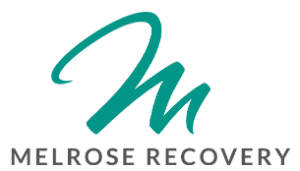How To Stage An Intervention
When a loved one is struggling with drug or alcohol addiction, it can be incredibly difficult to know how to help.
How To Stage an Intervention – You may feel at a loss for what to do or how to approach the situation. This is where an intervention comes in. Staging an intervention, though challenging, can be a crucial step in a loved one’s journey to recovery from addiction.
In this guide, we’ll walk through the steps for staging an intervention, giving you the tools to support your loved one’s recovery journey. By following these steps and being prepared, you can boost the chances of a successful intervention and help your loved one on their path to sobriety.
What is an Intervention For Drug and Alcohol Addiction? – How To Stage an Intervention
An intervention for drug and alcohol addiction is a structured process designed to confront an individual about their substance abuse and encourage them to seek help. Typically organized by family members, friends, or professionals, an intervention aims to break through the denial and resistance often associated with addiction.
During the intervention, participants express their concerns, share specific examples of how the addiction has impacted their lives, and offer support for treatment options. The ultimate goal is to motivate the individual to recognize the severity of their addiction and to accept help in the form of rehabilitation or addiction therapy.
The success of an intervention depends on careful planning and execution. Involving a trained interventionist or counselor is crucial for guiding the process and addressing addiction-related behaviors effectively. Participants should prepare heartfelt, non-judgmental statements expressing their love, concern, and desire to see the individual seek treatment. Establishing clear boundaries and consequences for refusing help is integral to the intervention, highlighting the seriousness of the situation.

How to Stage An Intervention
Staging an intervention requires careful planning and consideration to ensure that it is effective and supportive. Here are the steps involved:
Preparation and Planning
The first step is to assemble a team of family members, friends, and possibly a professional interventionist or counselor who can guide the process. The team should meet beforehand to discuss the individual's addiction, share information, and plan what they will say during the intervention. It's important to gather specific examples of how the addiction has impacted the individual and their loved ones.
Research and Education
The team should educate themselves about addiction, treatment options, and the intervention process. Understanding addiction's physical and psychological effects helps the team approach the intervention with empathy and compassion. Researching available treatment programs and resources can also help offer the individual viable options for recovery.
Choose a Time and Place
Selecting the right time and location for the intervention is crucial. It should be a time when the individual is sober and can fully engage in the conversation, ensuring optimal attention and understanding. The location should be private, comfortable, and free from distractions, allowing for an open and honest dialogue.
Rehearse and Role-play
Before the intervention, the team should rehearse what they will say and how they will express their concerns. Role-playing can help participants feel more confident and prepare for the emotional intensity of the intervention. It's important to focus on delivering messages of love, support, and encouragement while avoiding blame or confrontation.
Conducting an Intervention
During the intervention, each team member takes turns expressing their feelings and concerns about the individual's addiction. They should use "I" statements to communicate their own experiences and emotions, rather than placing blame or making accusations. The interventionist or counselor can facilitate the discussion and keep it focused and respectful. The team should present the individual with a clear plan for treatment, including specific options for rehabilitation or therapy.
Follow-up and Support
After the intervention, the team should continue to offer support and encouragement to the individual as they consider their options for treatment. This may involve assisting with logistics such as transportation to a treatment facility, helping with insurance or financial matters, and providing emotional support throughout the recovery process. Follow-up meetings or check-ins can also be arranged to ensure that the individual is progressing in their recovery journey.
When To Intervene For A Loved One – How To Stage an Intervention
Engaging with someone struggling with addiction can be tough. Even with good intentions, loved ones may find it hard to express themselves. Moreover, the person dealing with addiction might deny having any problems with drugs or alcohol, hindering open communication.
Certain signs may suggest it’s time to intervene:
- Noticeable Changes in Behavior
- Health Issues
- Financial Problems
- Relationship Strain
- Legal Issues
- Failed Attempts to Quit
- Decline in Functioning
- Risk of Harm
Consulting with a professional interventionist or addiction counselor can also provide guidance and support throughout the process. Numerous individuals grappling with addiction also face additional challenges, such as anxiety and depression.
Your Transformation Starts Here – How To Stage an Intervention
Get Started on Your Personal Journey to Addiction Recovery. Contact the Addiction Treatment Specialist at Melrose Recovery to Start the Admission Rehab Paperwork and Process.
FAQ for Staging an Intervention
Staging an intervention for a loved one struggling with addiction can be a daunting prospect, filled with uncertainty and questions. The following are the most frequently asked questions about interventions, covering everything from who should be involved to what happens afterward.

Expert Intervention Guidance from Melrose Recovery
Are you unsure about how to stage an intervention for a loved one struggling with addiction? Let Melrose Recovery guide you through the process with expertise and compassion.
Our team of experienced interventionists can provide the support and guidance you need to orchestrate a successful intervention. Learn how we can help you stage an intervention that leads to positive change and healing for your loved one. Contact us today!
We Work With Major Insurances





Get In Touch
info@melroserecovery.com
501 North Mariposa Ave, Los Angeles, CA 90004



